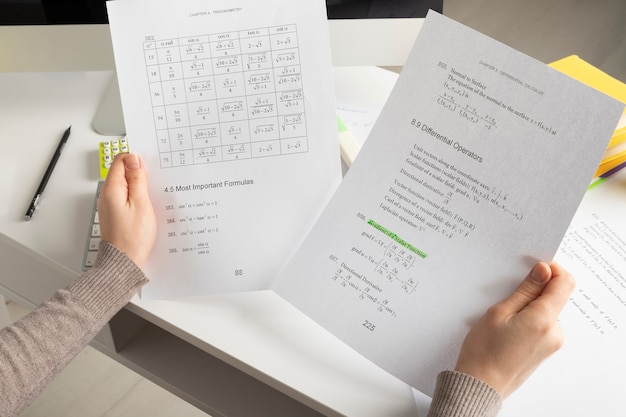
When we talk about future actions, there are various ways to express them in the English language. Some common forms include “will,” “going to,” and the present continuous. Understanding when and how to use these future forms correctly is essential for effective communication. In this article, we will explore each of these future forms and provide examples to help you grasp their usage.
**1. Will:**
The future form “will” is used to express spontaneous decisions, predictions, promises, offers, and requests. It is commonly used when the speaker decides something at the moment of speaking or when there is uncertainty about a future event.
Here is a table summarizing the usage of “will”:
| Usage | Example |
|———————–|——————————————|
| Spontaneous decisions | I forgot to bring my umbrella. I will buy one after work. |
| Predictions | I think it will rain tomorrow. |
| Promises | Don’t worry, I will help you with your project. |
| Offers | I will make you a cup of tea. |
| Requests | Will you please pass me the salt? |
**2. Going to:**
The future form “going to” is used to express plans, intentions, and events that are likely to happen in the future. It is often used when there is evidence or an indication that something will occur.
Here is a table summarizing the usage of “going to”:
| Usage | Example |
|———————-|——————————————-|
| Plans | I am going to visit my parents next weekend. |
| Intentions | She is going to start a new job next month. |
| Likely future events | Look at those dark clouds. It’s going to rain. |
**3. Present Continuous:**
The present continuous tense can also be used to express future actions. Although it is primarily used to describe actions happening at the present moment, it is also employed to discuss future events that have been arranged or planned.
Here is a table summarizing the usage of the present continuous tense for future actions:
| Usage | Example |
|—————————-|——————————————————–|
| Arranged or planned events | We are having a party next week. |
| Personal arrangements | I am meeting John for lunch tomorrow. |
| Future appointments | The doctor is seeing patients all day on Saturday. |
It’s important to note that the choice of future form depends on the context and the speaker’s intention. Some situations may be more suitable for one form over the others.
Now let’s practice what we’ve learned. Fill in the blanks with the appropriate future form: “will,” “going to,” or the present continuous.
Exercise 1:
1. I forgot to buy milk. I _______ go to the grocery store later.
2. Look at those clouds! It _______ rain soon.
3. I promise I _______ help you with your homework.
4. _______ you please pass me the salt?
5. We _______ have dinner at that new restaurant tomorrow.
Exercise 2:
1. She _______ start her new job next month.
2. The train _______ arrive in ten minutes.
3. Do you think they _______ win the championship?
4. We _______ go on vacation next summer.
5. The teacher _______ give us a test next week.
Answers:
Exercise 1:
1. am going to
2. will
3. will
4. Will
5. are going to
Exercise 2:
1. is going to
2. is going to
3. will
4. are going to
5. is going to




